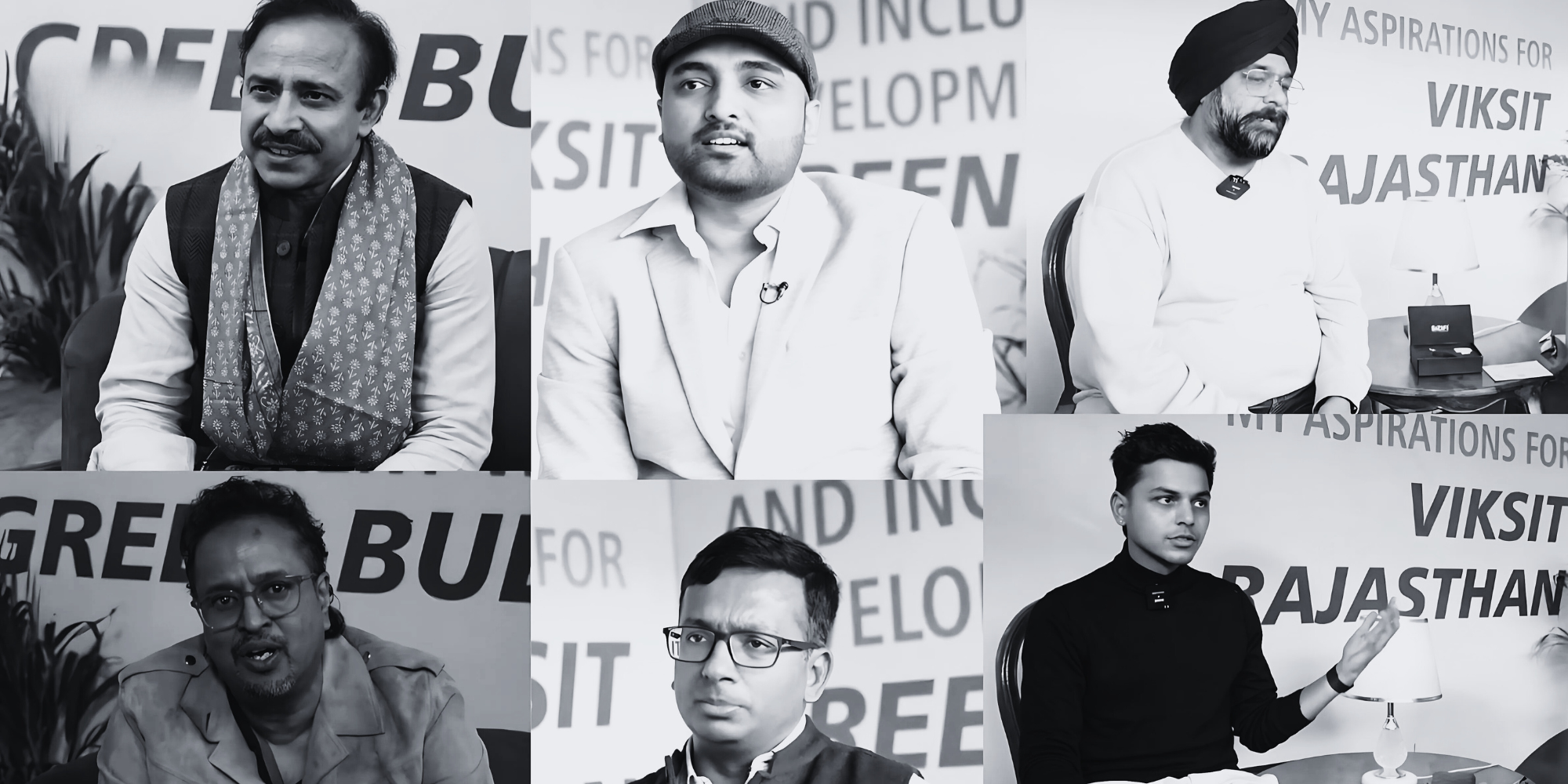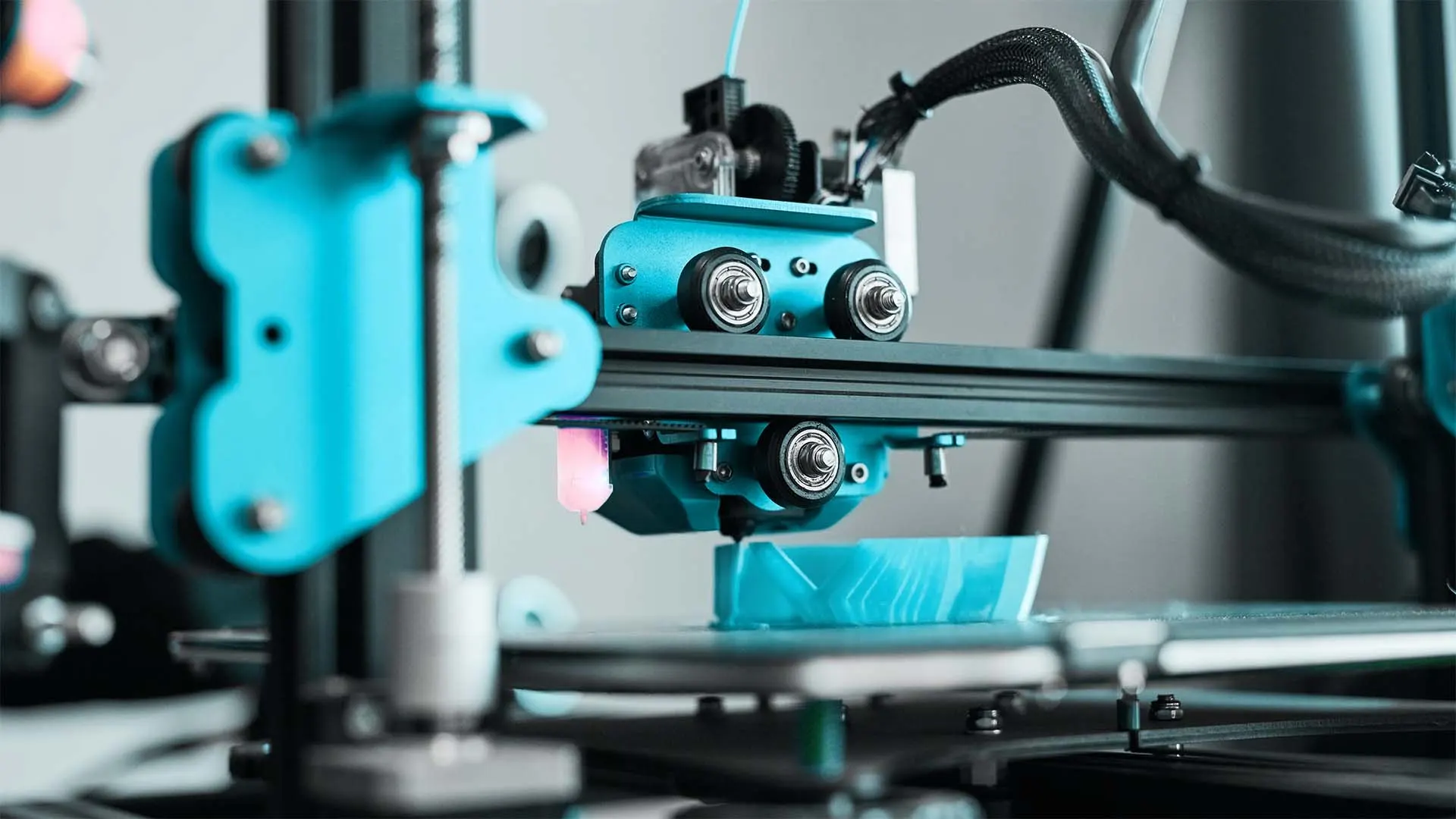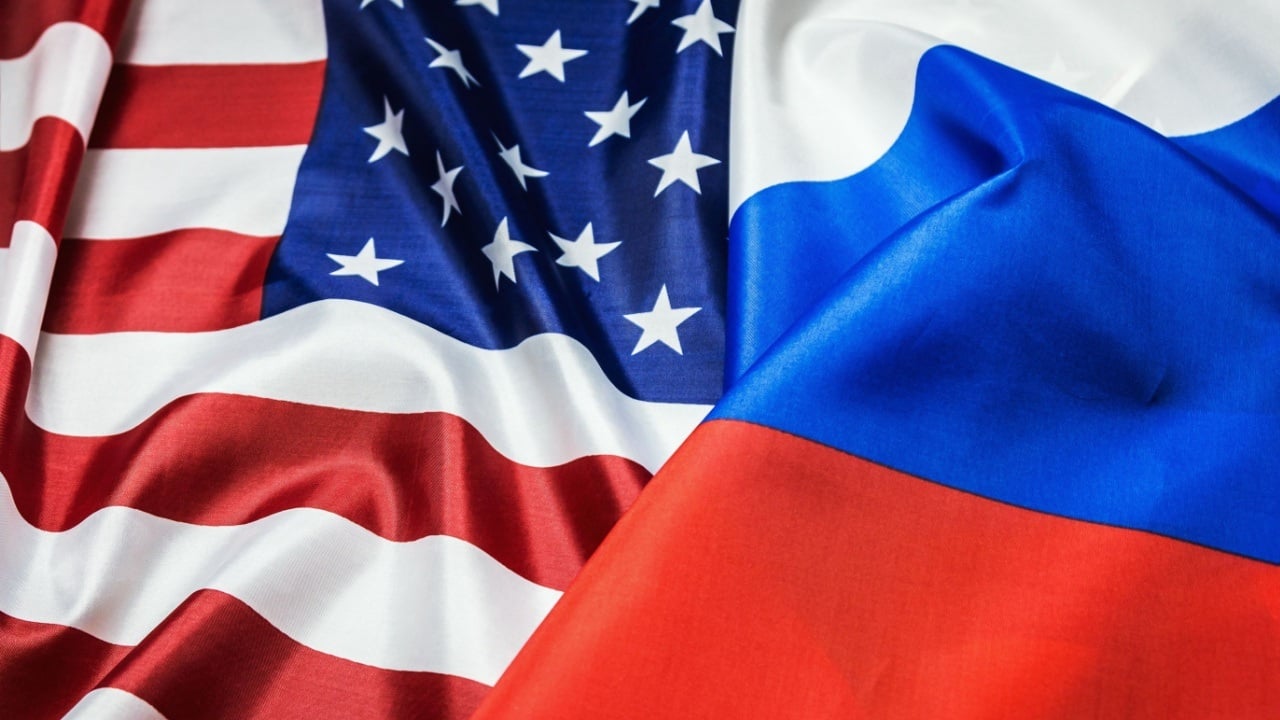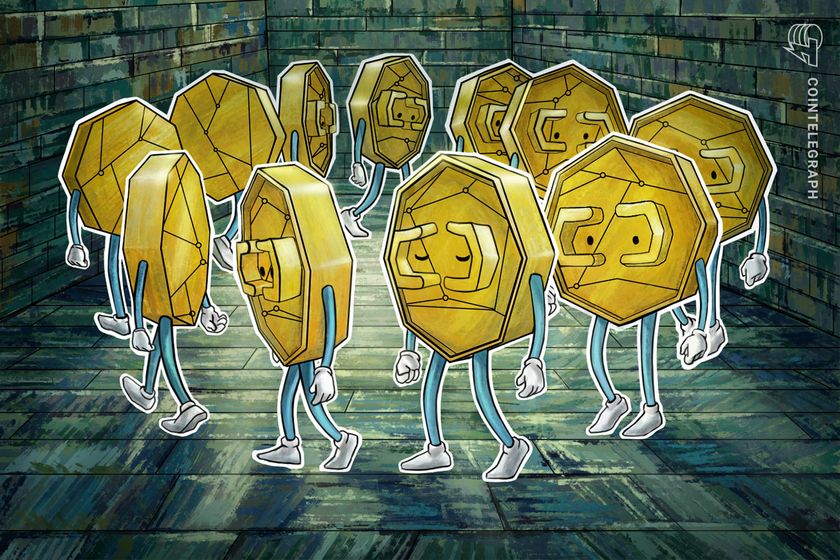Applies the simulated annealing algorithm to search for an optimal solution in a large search space.
# Simulated Annealing - Optimization Heuristic # Description: Applies the simulated annealing algorithm to search for an optimal solution in a large search space. import random import math def simulated_annealing( initial_state, evaluate, neighbor, temperature=1000, cooling_rate=0.995, min_temp=0.1, max_iterations=1000 ): """ Simulated Annealing: An optimization algorithm inspired by metallurgy. This algorithm explores a search space by probabilistically accepting worse solutions to escape local optima, with decreasing probability as the "temperature" cools down. Args: initial_state (any): Starting point in the search space. evaluate (function): Measures the quality of a state (cost function). Lower cost is considered better. neighbor (function): Generates a nearby alternative state. temperature (float): Initial exploration intensity. cooling_rate (float): Rate of reducing exploration probability. min_temp (float): Stopping temperature threshold. max_iterations (int): Limit on total iterations to prevent infinite loops. Returns: tuple: (best_state, best_cost) found during the search. Key Characteristics: - Probabilistically accepts worse solutions early on - Becomes more selective as temperature decreases - Helps escape local optima in complex search spaces Time Complexity: O(max_iterations) Space Complexity: O(1) """ # Initialize the current state and its evaluation current_state = initial_state best_state = current_state current_cost = evaluate(current_state) best_cost = current_cost # Track iterations to prevent potential infinite loops iterations = 0 # Simulated annealing main loop while temperature > min_temp and iterations < max_iterations: # Generate a neighboring state candidate_state = neighbor(current_state) candidate_cost = evaluate(candidate_state) # Calculate the cost difference cost_delta = candidate_cost - current_cost # Determine if we should accept the new state # Accept better states unconditionally # Accept worse states with decreasing probability if (cost_delta < 0 or random.random() < math.exp(-cost_delta / temperature)): current_state = candidate_state current_cost = candidate_cost # Update the best state if needed if current_cost < best_cost: best_state = current_state best_cost = current_cost # Cool down the temperature temperature *= cooling_rate iterations += 1 return best_state, best_cost # Helpful example of how to use the algorithm def example_usage(): """ Example demonstrating simulated annealing for finding a near-optimal solution in a simple problem space. """ def target_sum_evaluate(state): """Evaluate how close the sum is to a target value.""" target = 15 return abs(sum(state) - target) def neighbor_generator(state): """Generate a neighboring state by slightly modifying one element.""" new_state = state.copy() index = random.randint(0, len(state) - 1) new_state[index] += random.randint(-2, 2) return new_state # Initial random state initial_state = [random.randint(1, 5) for _ in range(3)] # Run simulated annealing best_solution, best_cost = simulated_annealing( initial_state, target_sum_evaluate, neighbor_generator ) print(f"Best Solution: {best_solution}") print(f"Best Cost: {best_cost}")
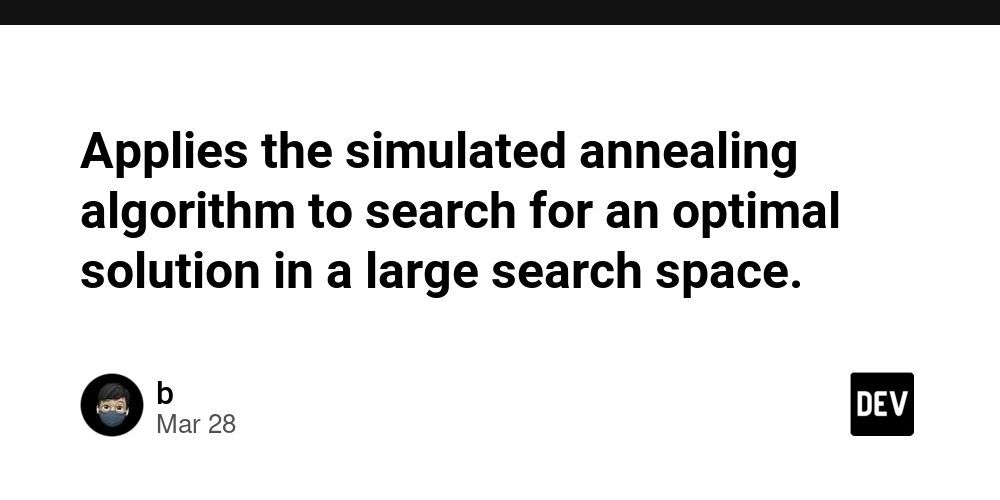
# Simulated Annealing - Optimization Heuristic
# Description: Applies the simulated annealing algorithm to search for an optimal solution in a large search space.
import random
import math
def simulated_annealing(
initial_state,
evaluate,
neighbor,
temperature=1000,
cooling_rate=0.995,
min_temp=0.1,
max_iterations=1000
):
"""
Simulated Annealing: An optimization algorithm inspired by metallurgy.
This algorithm explores a search space by probabilistically accepting
worse solutions to escape local optima, with decreasing probability
as the "temperature" cools down.
Args:
initial_state (any): Starting point in the search space.
evaluate (function): Measures the quality of a state (cost function).
Lower cost is considered better.
neighbor (function): Generates a nearby alternative state.
temperature (float): Initial exploration intensity.
cooling_rate (float): Rate of reducing exploration probability.
min_temp (float): Stopping temperature threshold.
max_iterations (int): Limit on total iterations to prevent infinite loops.
Returns:
tuple: (best_state, best_cost) found during the search.
Key Characteristics:
- Probabilistically accepts worse solutions early on
- Becomes more selective as temperature decreases
- Helps escape local optima in complex search spaces
Time Complexity: O(max_iterations)
Space Complexity: O(1)
"""
# Initialize the current state and its evaluation
current_state = initial_state
best_state = current_state
current_cost = evaluate(current_state)
best_cost = current_cost
# Track iterations to prevent potential infinite loops
iterations = 0
# Simulated annealing main loop
while temperature > min_temp and iterations < max_iterations:
# Generate a neighboring state
candidate_state = neighbor(current_state)
candidate_cost = evaluate(candidate_state)
# Calculate the cost difference
cost_delta = candidate_cost - current_cost
# Determine if we should accept the new state
# Accept better states unconditionally
# Accept worse states with decreasing probability
if (cost_delta < 0 or
random.random() < math.exp(-cost_delta / temperature)):
current_state = candidate_state
current_cost = candidate_cost
# Update the best state if needed
if current_cost < best_cost:
best_state = current_state
best_cost = current_cost
# Cool down the temperature
temperature *= cooling_rate
iterations += 1
return best_state, best_cost
# Helpful example of how to use the algorithm
def example_usage():
"""
Example demonstrating simulated annealing for finding
a near-optimal solution in a simple problem space.
"""
def target_sum_evaluate(state):
"""Evaluate how close the sum is to a target value."""
target = 15
return abs(sum(state) - target)
def neighbor_generator(state):
"""Generate a neighboring state by slightly modifying one element."""
new_state = state.copy()
index = random.randint(0, len(state) - 1)
new_state[index] += random.randint(-2, 2)
return new_state
# Initial random state
initial_state = [random.randint(1, 5) for _ in range(3)]
# Run simulated annealing
best_solution, best_cost = simulated_annealing(
initial_state,
target_sum_evaluate,
neighbor_generator
)
print(f"Best Solution: {best_solution}")
print(f"Best Cost: {best_cost}")






















































.jpg)
%20Abstract%20Background%20112024%20SOURCE%20Amazon.jpg)



















































































































![[The AI Show Episode 142]: ChatGPT’s New Image Generator, Studio Ghibli Craze and Backlash, Gemini 2.5, OpenAI Academy, 4o Updates, Vibe Marketing & xAI Acquires X](https://www.marketingaiinstitute.com/hubfs/ep%20142%20cover.png)
















































































































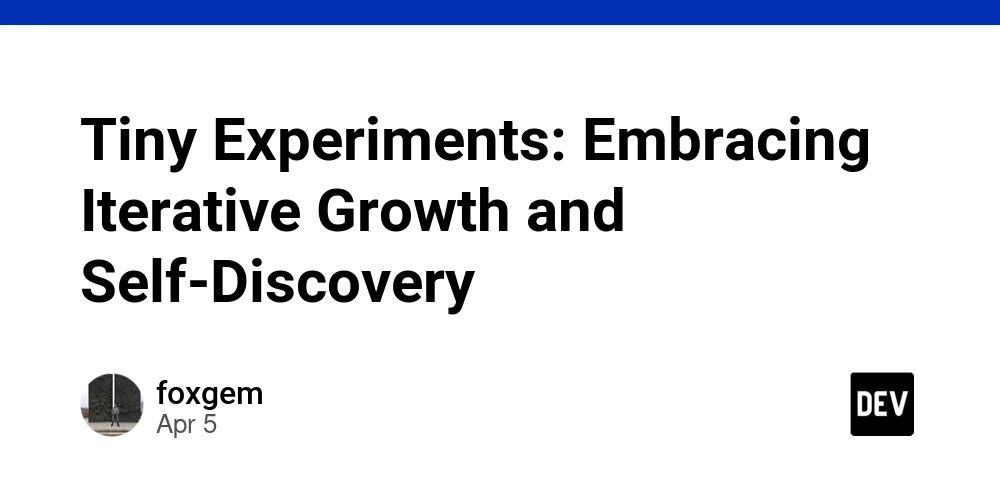















![From drop-out to software architect with Jason Lengstorf [Podcast #167]](https://cdn.hashnode.com/res/hashnode/image/upload/v1743796461357/f3d19cd7-e6f5-4d7c-8bfc-eb974bc8da68.png?#)



























































































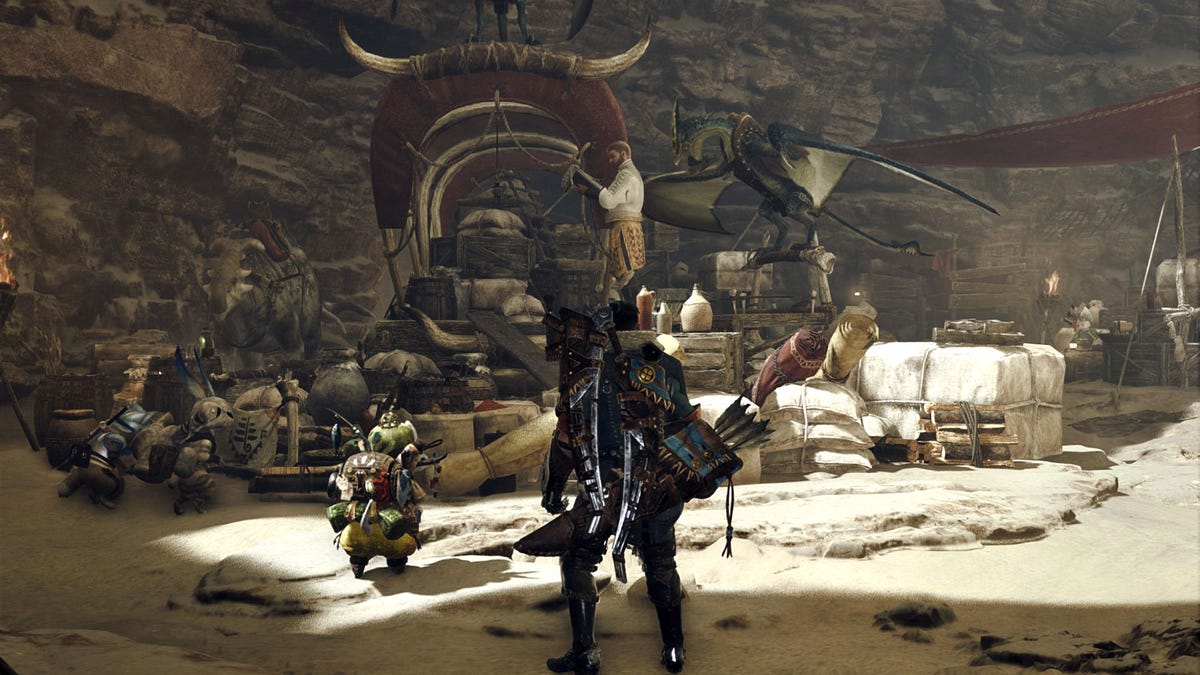








.png?#)





.jpg?#)
































_Christophe_Coat_Alamy.jpg?#)


































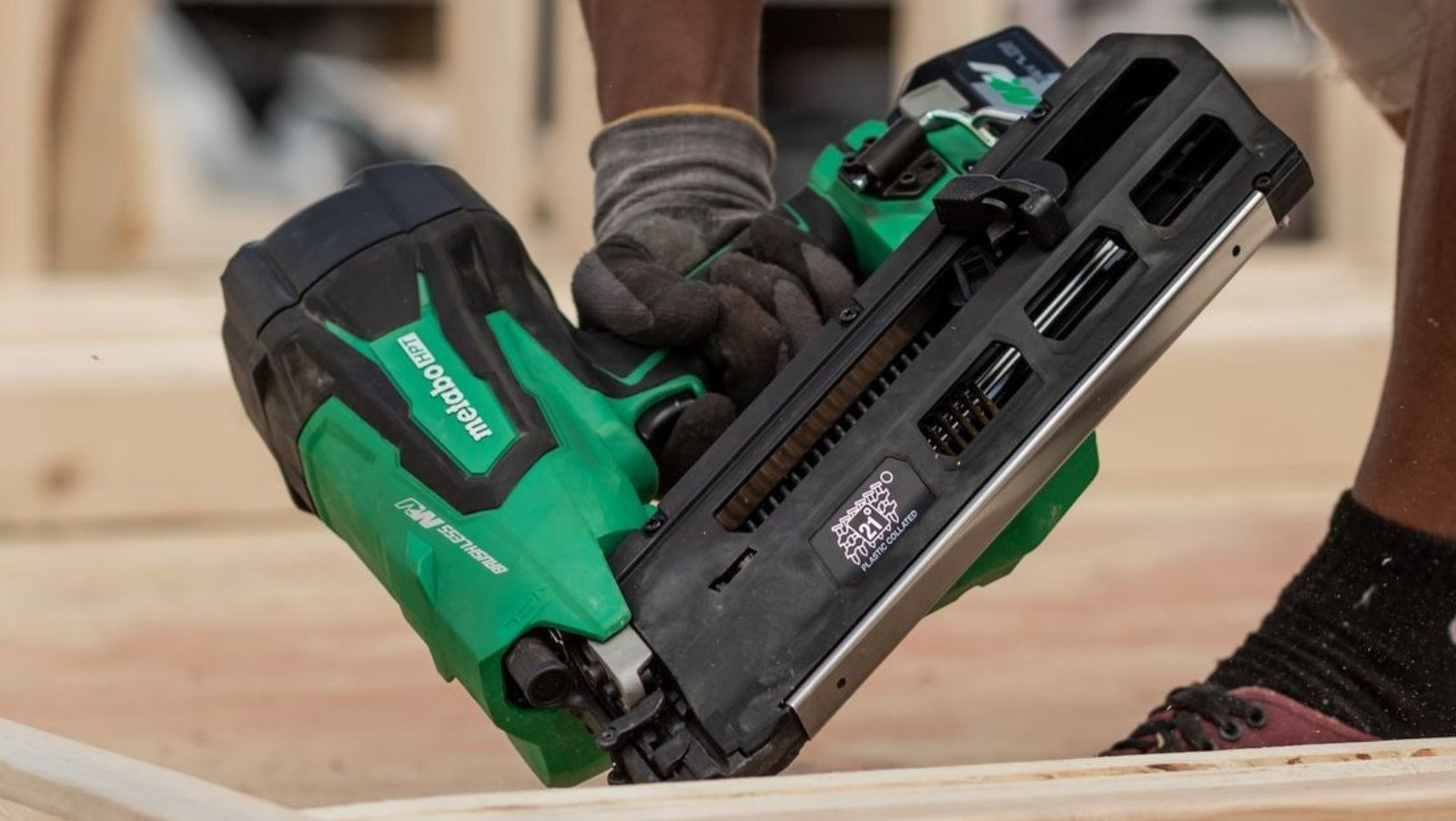
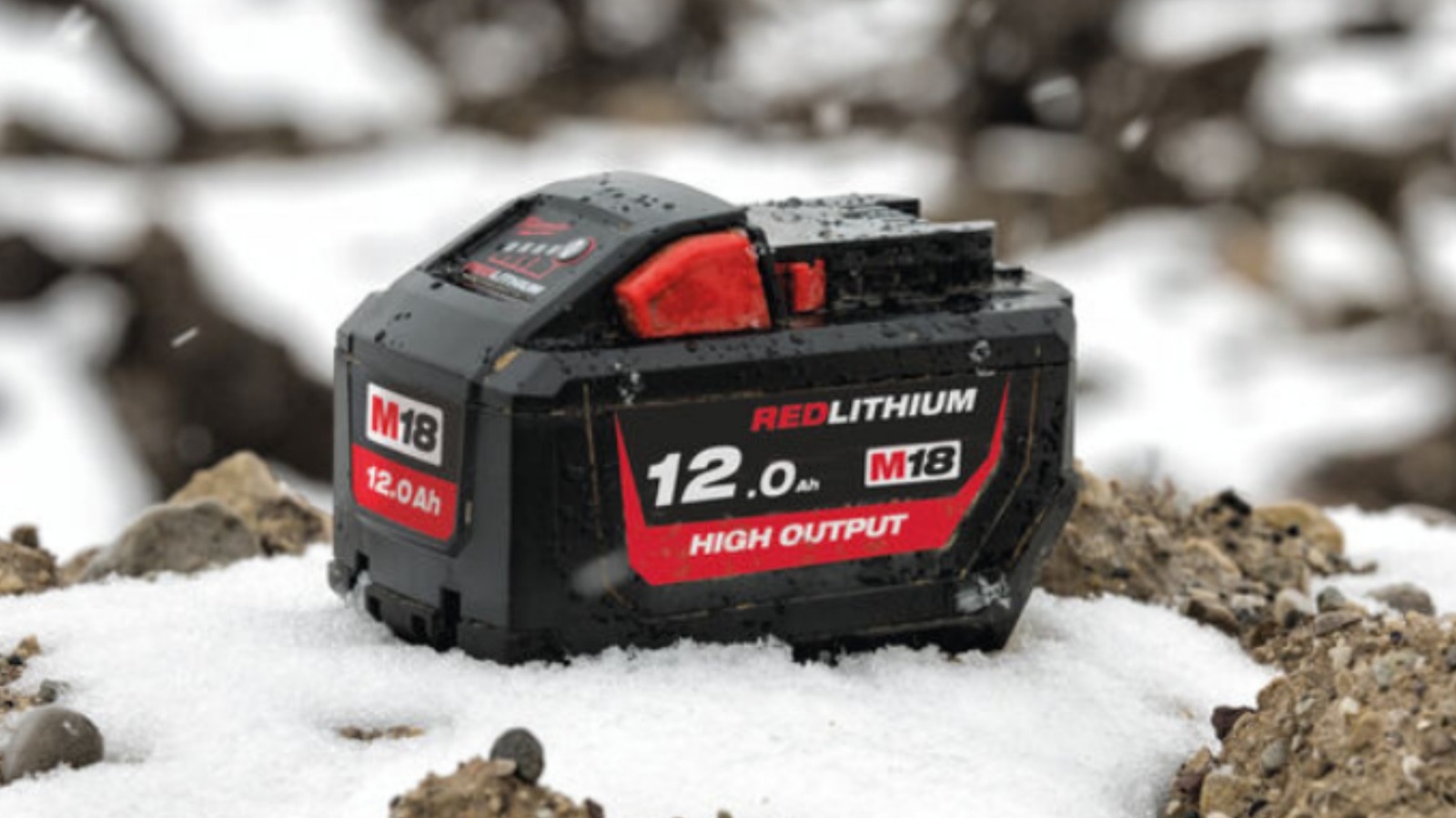













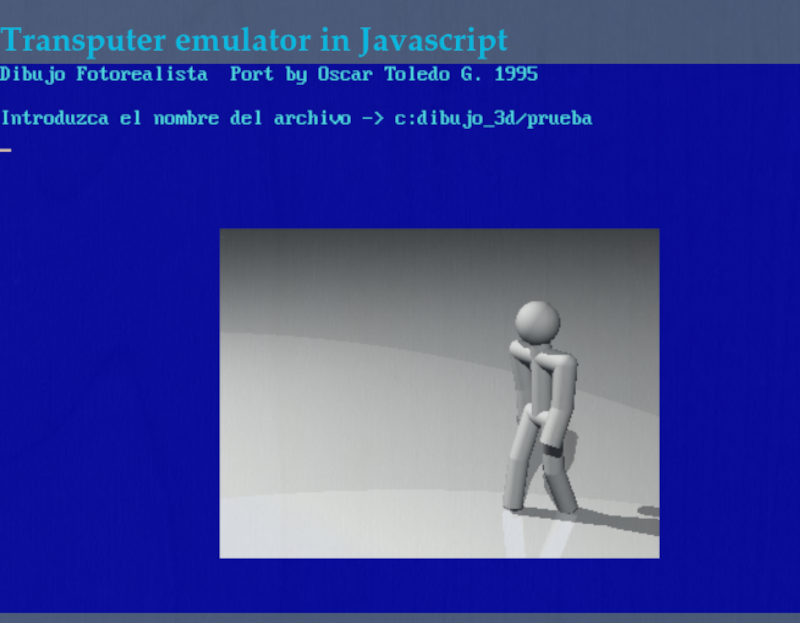
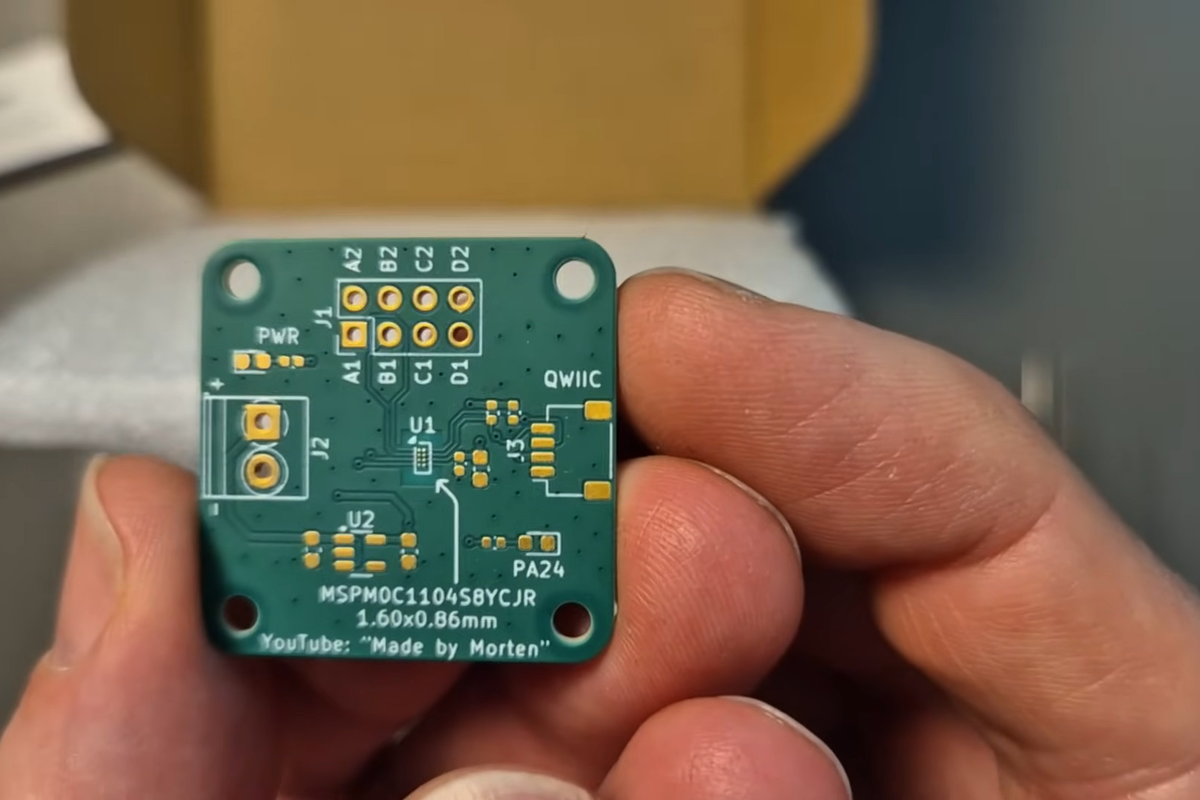

































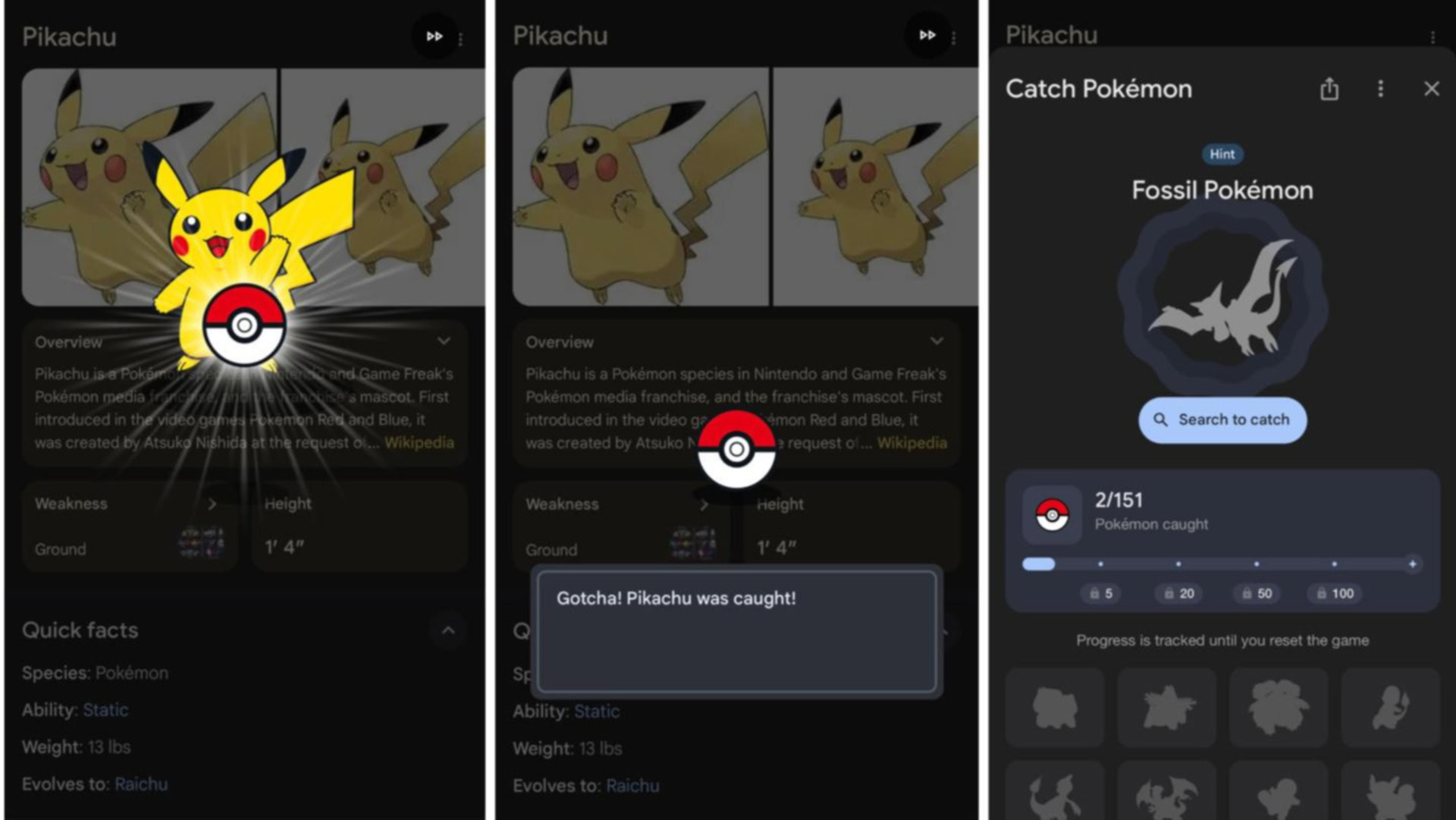





















![Rapidus in Talks With Apple as It Accelerates Toward 2nm Chip Production [Report]](https://www.iclarified.com/images/news/96937/96937/96937-640.jpg)













































































